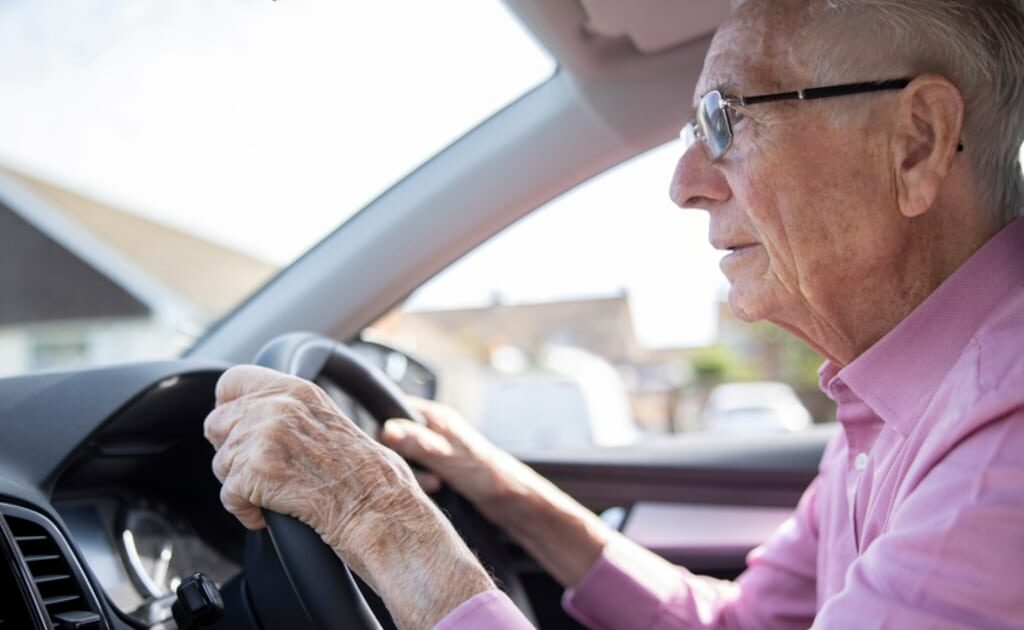Driving a car is dangerous, but we don’t usually recognize the danger. It’s something that many of us have gotten used to doing every single day, so we forget to pay attention to how deadly driving a car can be. That is, until it’s too late.
You shouldn’t get behind the wheel if your chances of getting into an accident are heightened, but how do you know if you’re more likely to experience a crash?
Here are 7 signs that you shouldn’t get behind the wheel of your car.
You Have Been Drinking or Doing Other Drugs
You probably already know that you shouldn’t drive if you have been drinking. Getting guidance for those recently charged with a DUI is a huge hassle, should you get pulled over or find yourself in an accident. It’s costly and can upend your life, making it difficult to get your license back or get a new job in the future.
But it isn’t just alcohol you have to be mindful of. Marijuana is becoming legal in more and more states, but that doesn’t mean you should drive while smoking or consuming cannabis. It can be just as dangerous to drive under the influence of pot as it is to drive drunk.
Always find a different way to get wherever you need to go if you have been drinking or doing other drugs.
You’re Taking Certain Medications
Just because the drugs you’re taking are legal doesn’t mean you’re okay to drive a car. There are plenty of prescription medications that can affect your ability to operate a vehicle.
They include:
- Opioids
- Anxiety medications
- Anti-seizure drugs
- Antipsychotic drugs
- Some antidepressants
- Sleeping pills
- Muscle relaxants
Surprisingly, some cold remedies and antihistamines can cause problems, too, as can motion sickness remedies. They can make you tired, which can make it difficult for you to focus on the road.
If you take any of these kinds of medications regularly, you shouldn’t drive. You should plan to find an alternative way to get to your destination, whether it’s taking the bus or carpooling with someone else.
If you’re taking a drug temporarily, wait until it has worn off before you get behind the wheel.
You’re Sick
If you’re sick and taking medication that can affect your ability to drive safely, you shouldn’t operate a vehicle, but you shouldn’t operate a vehicle, even if you aren’t taking medication.
Not only is your body preoccupied with healing, but your mind is preoccupied as well. Your reaction time is likely severely decreased, and you might be spending more time trying to blow your nose than focusing on the road.
You shouldn’t drive if you have a fever or another illness, but you shouldn’t drive with other conditions, either. Driving with a headache is always a bad idea, as is driving with diarrhea, as you’re more likely to drive erratically in the hopes of finding a place to stop and relieve yourself quickly.
You Have Vision and Hearing Problems
Just because you wear glasses doesn’t mean you shouldn’t drive a car, but other vision issues can cause problems for you while you’re on the road.
For example, some people suffer from night blindness. Astigmatism can cause serious problems when driving at night, too, as it causes lights to blur into each other, making it hard to see. In these cases, you may be perfectly fine to drive during the day, but you should get someone else to drive at night.
Hearing issues can cause problems, too! Make sure you always drive with a hearing aid so you can hear other cars around you, like oncoming emergency vehicles.
You Didn’t Get Any Sleep the Night Before
Many of us don’t get the full eight hours of sleep each night we need, but life goes on. You still have to get to work and school, which means getting behind the wheel of a car, even if you shouldn’t.
Drowsy driving can be just as dangerous as drunk driving, so it deserves the same care and attention.
It’s best to find a different way to get around if you struggled to get sleep the night before. If you’re short just a few hours, you might plan to drive when you’re naturally most alert but stay at home the rest of the day.
You Experience More Fender Benders and Close Calls
It can be difficult to know if you shouldn’t drive, especially if you’re over the age of 55. You may think you’re a skilled driver, but your experience on the road may tell a different story.
Have you gotten into more fender benders within the last year than years before? Have you gotten into a few close calls over the last month? Especially if your close calls and fender benders involve things like mailboxes and the garage door? Chances are, it’s time to hand over your keys.
Something Isn’t Right With Your Car
There are a lot of reasons why you could be the problem, but sometimes it isn’t you at all! Sometimes, it’s your car that’s the problem.
There are a lot of things that can go wrong with your car that make it unsafe for you to drive.
If you experience any of the following problems, you shouldn’t drive:
- The car suddenly handled differently
- The temperature or oil light comes on
- You see steam, flames, or smell something burning
You also need to maintain your vehicle. If it has been too long since the tires have been replaced or your brakes are getting squeaky, it’s a good idea to stop driving your car until you can have a mechanic look at it.
Just because you’re used to driving your car every single day doesn’t mean you should drive your car every single day. Whether you’re feeling more tired than usual, you’re taking a new medication, or your reaction time just isn’t what it used to be, it’s much better to hand over your keys so you don’t hurt yourself or others in an accident.

